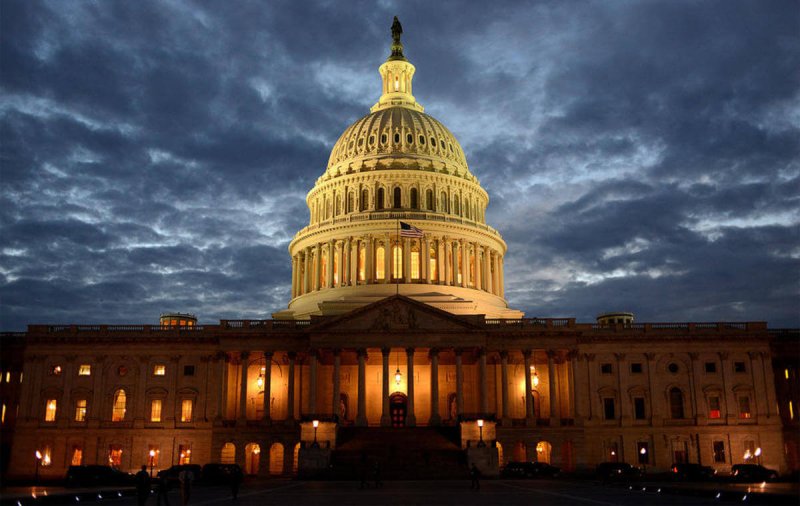The White House and Congress have lost their way when it comes to science. Notions unsupported by evidence are informing decisions about environmental policy and other areas of national interest, including public health, food safety, mental health and biomedical research. The president has not asked for much advice from his Office of Science and Technology Policy, evidently.
…
We should not allow elected officials—especially the heads of congressional science committees—to interfere with the scientific process, bully researchers or deny facts that fit poorly with their political beliefs. Instead of seeing science as a threat, officials should recognize it as an invaluable tool for improving legislation.
To educate members about the best available research, both the House and Senate science committees should create independent groups of impartial researchers and policy specialists to advise them on science and technology issues, including those related to energy, genetically modified foods, and clean air and water…Policy makers would still make the decisions, but with help from experts, those decisions would at least be based on facts.
The GLP aggregated and excerpted this article to reflect the diversity of news, opinion and analysis. Read full, original post: A Fix for the Antiscience Attitude in Congress































